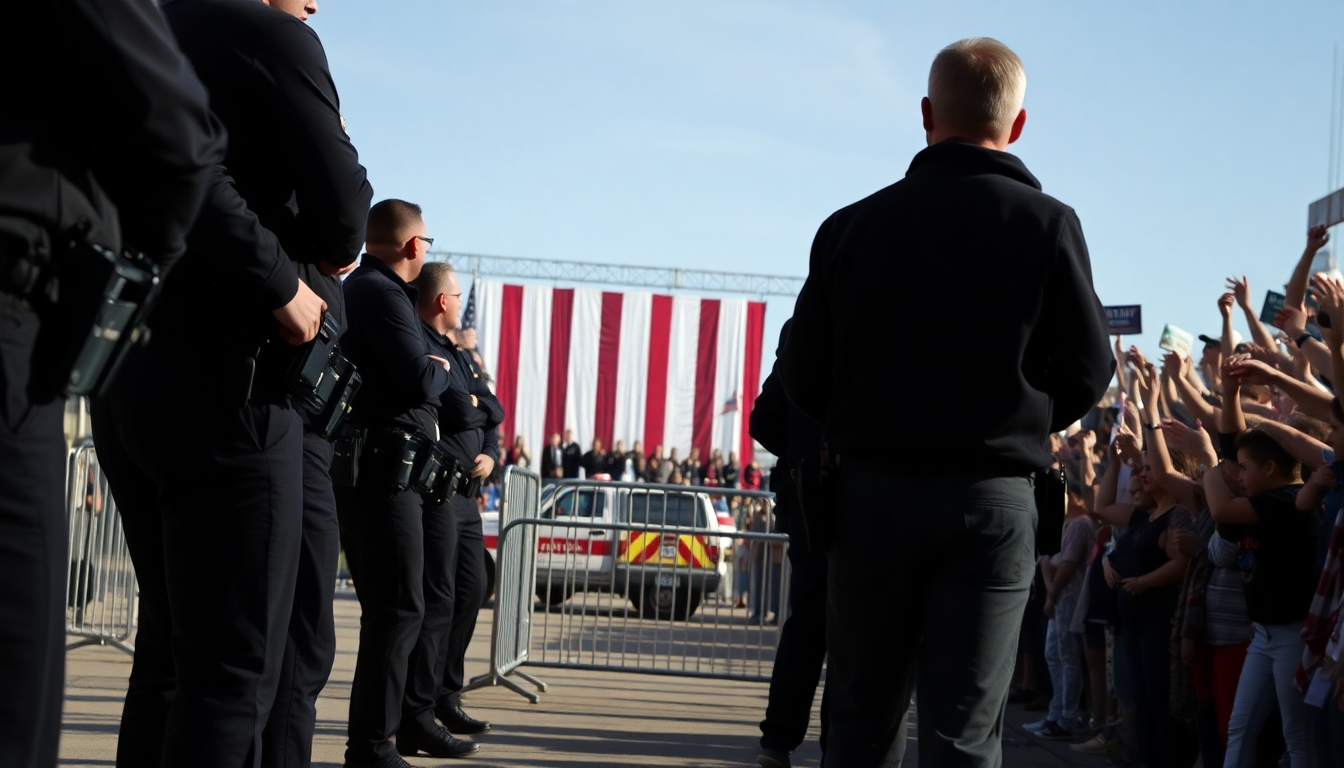Table of Contents
In a recent Senate inquiry, the United States Senate took a closer look at how the Secret Service handled a shocking incident during a Trump campaign rally. A report released on Sunday reveals a series of failures that allowed a gunman to open fire on then-presidential candidate Donald Trump. These findings have sparked intense discussions about accountability and the urgent need for reforms within the agency responsible for protecting the president.
What Happened?
On July 13, 2024, a major security breach unfolded at a rally in Butler, Pennsylvania. A gunman, identified as Thomas Matthew Crooks, aimed his attack at the Republican candidate, putting not just Trump but also countless others at risk. Tragically, the shooting resulted in the death of a bystander and injuries to two others. While law enforcement acted swiftly, with a sniper neutralizing the threat, the incident raised serious concerns about whether the Secret Service was adequately prepared for such a situation.
The Senate report highlights a troubling trend of negligence, claiming that the Secret Service ignored credible intelligence and failed to collaborate effectively with local law enforcement. These oversights led to what many are calling “inexcusable” failures in protecting a presidential candidate during a public event. The inquiry has revealed deeper issues within the agency, prompting calls for significant disciplinary measures against those who were supposed to ensure safety.
Examining Security Protocols
The inquiry’s findings reveal a concerning picture of the Secret Service’s operational protocols. The committee described a “cascade of preventable failures” that nearly resulted in the assassination of a presidential candidate. The report emphasizes a lack of clear protocols and a failure to respond adequately to direct threats, which significantly contributed to the chaos on that fateful day.
Senator Rand Paul, the Republican chairman of the committee, stressed the need for accountability, pointing out that despite these failures, no personnel had been fired. This inaction raises doubts about the agency’s commitment to real reform and improvement. The authors of the report argue that bureaucratic indifference and a lack of prioritization for security at events like campaign rallies are systemic issues that urgently need addressing.
What’s Next?
The implications of this inquiry go far beyond the immediate failures of the Secret Service. The report calls for sweeping reforms aimed at improving coordination among various law enforcement agencies involved in event security. Suggested measures include setting up a dedicated aerial surveillance unit and enhancing communication protocols to ensure that intelligence is shared effectively across all security agencies.
As the nation processes the events of that day, Trump himself acknowledged the mistakes that occurred but expressed confidence in the ongoing investigation. He noted the inherent risks of the presidency, stating, “God was protecting me,” and reflected on the dangers that come with the role. The future of presidential security is at a crossroads, with the Senate report serving as a vital stepping stone toward reform and accountability within the Secret Service. How will these changes shape the safety of future candidates? Only time will tell.


